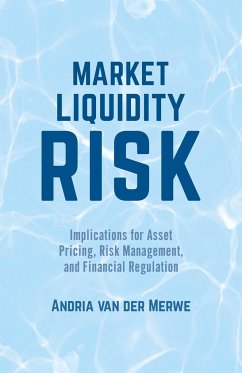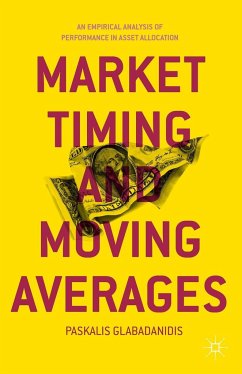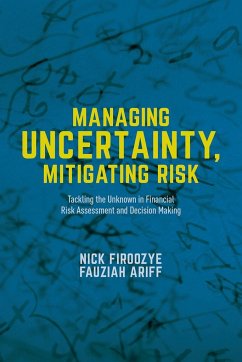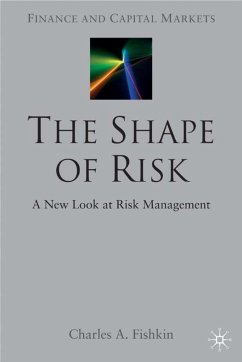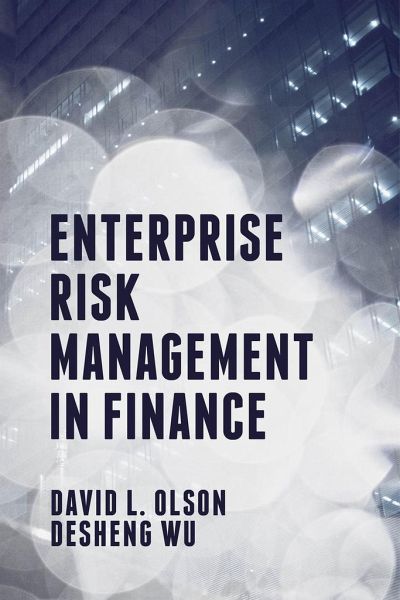
Enterprise Risk Management in Finance

PAYBACK Punkte
47 °P sammeln!
Enterprise Risk Management in Finance is a guide to measuring and managing Enterprise-wide risks in financial institutions. Financial institutions operate in a unique manner when compared to other businesses. They are, by the nature of their business, highly exposed to risk at every level, and indeed employ their own risk management functions to manage many of these risks. However, financial firms are also highly exposed at enterprise level. Traditional approaches and frameworks for ERM are flawed when applied to banks, asset managers or insurance houses, and a different approach is needed. Th...
Enterprise Risk Management in Finance is a guide to measuring and managing Enterprise-wide risks in financial institutions. Financial institutions operate in a unique manner when compared to other businesses. They are, by the nature of their business, highly exposed to risk at every level, and indeed employ their own risk management functions to manage many of these risks. However, financial firms are also highly exposed at enterprise level. Traditional approaches and frameworks for ERM are flawed when applied to banks, asset managers or insurance houses, and a different approach is needed. This new book provides a comprehensive, technical guide to ERM for financial institutions. Split into three parts, it first sets the scene, putting ERM in the context of finance houses. It will examine the financial risks already inherent in banking, and then insurance operations, and how these need to be accounted for at a floor and enterprise level. The book then provides the necessary tools to implement ERM in these environments, including performance analysis, credit analysis and forecasting applications. Finally, the book provides real life cases of successful and not so successful ERM in financial institutions. Technical and rigorous, this book will be a welcome addition to the literature in this area, and will appeal to risk managers, actuaries, regulators and senior managers in banks and financial institutions.







